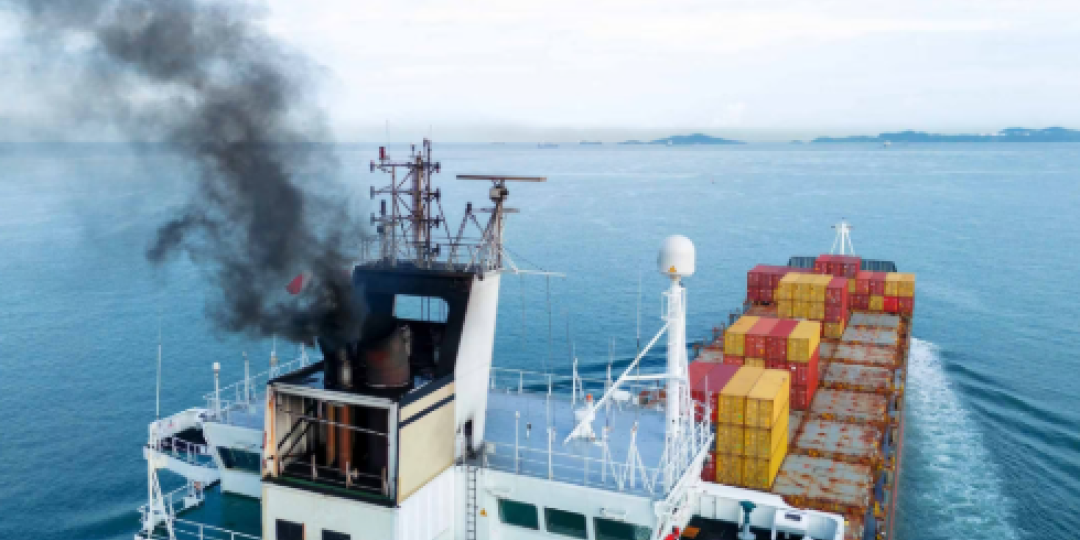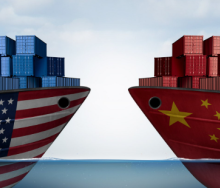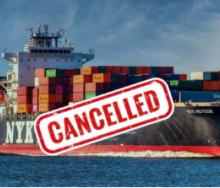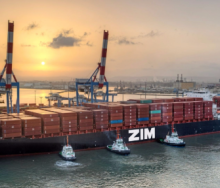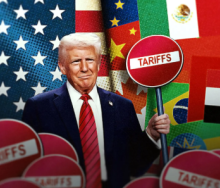Although the International Maritime Organization (IMO) has considered proposals for a global emissions levy on shipping, with the aim of promoting the use of cleaner fuels and reducing greenhouse gas emissions, it is understood that the idea has been shelved.
The levy was intended to be a flat fee per tonne of carbon emitted, with suggested ranges varying from $18 to $300 per tonne.
The idea of a flat levy is part of broader negotiations on carbon pricing mechanisms for the shipping industry. These discussions are crucial for incentivising the transition away from heavy fuel oil towards cleaner alternatives like green ammonia, biofuels and hydrogen. The levy's implementation is seen as a key step in achieving the IMO's goal of net-zero emissions by 2050.
Whereas the final details of the levy, including the exact rate and how revenues would be distributed, were still under negotiation until earlier this week, Freight News can confirm that the levy is dead in the water – for now.
This has emerged after an IMO meeting at the UN’s London headquarters failed to reach consensus on the matter on Thursday.
Apparently, no agreement was reached over mid-term technical issues and the necessary economic means required to curb emissions over the next 25 years.
It is believed, though, that the IMO has sent the draft levy to the Marine Environment Protection Committee (MEPC) in what appears to be a last-ditch effort to proceed with approval of the Net-Zero Framework.
Saudi Arabia led the way for 14 other countries to vote against the levy, followed by the Marshall Islands and five other Pacific Island nations.
MEPC members are currently being lobbied to save the levy.
Asia Shipping Media report that approval “would automatically lead to the new regulations being circulated as draft amendments to Annex VI of the Marine Pollution (MARPOL) Convention, covering air pollution, for formal adoption at an extraordinary session of the committee in October, when the date of international entry into force would also be decided. The Net Zero Framework is meant to apply to international shipping for vessels of 5 000 gt or above.
“Addressing the group last night, IMO secretary-general Arsenio Dominguez reminded delegates that the package was ‘only one step on our journey to 2050'."
